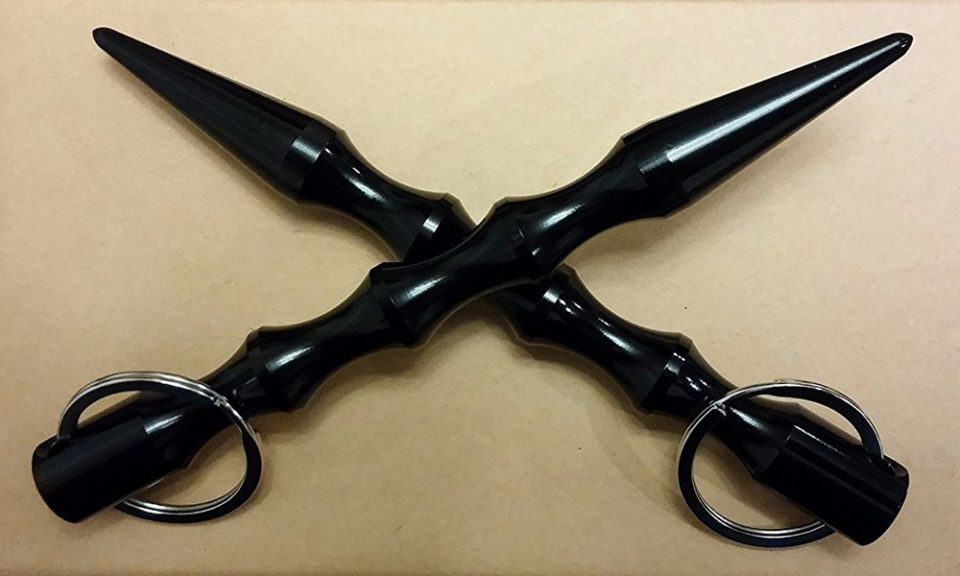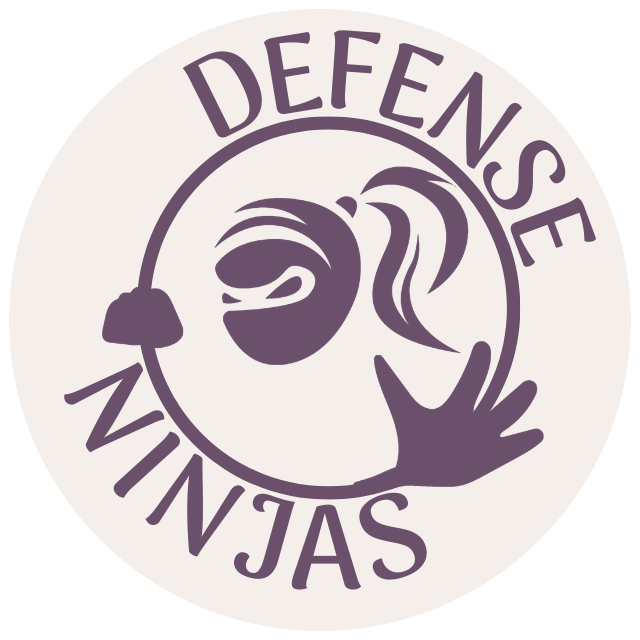
A safety net with large holes for small animals and toddlers is essential to ensure safety in the pool. The net is lighter than a pool cover and easier for children to slide through. Floating buoys can also be used to mark deep ends of pools. Safety nets, which float on water's surface, are used to delineate these deep areas. These buoys remind kids to avoid the shallow end. It is important to keep children safe, so enforce your pool rules and adhere to them.
Mesh pool fencing
Mesh pool walls offer many advantages. They are economical, durable, and practical. Mesh pool fences have the most important advantage of safety. Mesh pool fences must be ASTM-compliant. This means they have been independently tested and proven safe. They should also be simple to maintain and clean. These are some tips that will help you select a mesh pool fence. You should also keep in mind the fact that mesh fences need to be surrounded and reinforced with solid material.
A mesh pool fence can be purchased for approximately $16-$25 per linear foot. This fence's cost will vary depending on its type and size. A 10-foot section of fence would run around $90. You will need to rent a drill set and a core drill. An entire surround is not necessary. Instead, you can install physical barriers or landscaping. Safety pool covers are another option. These non-removable safety pools covers can be used to support the weight and mobility of small children or cars with four wheels.

Alarms to detect underwater motion in pools
Underwater motion pool alarms sound an alarm when an object is dropped into the water. These alarms can be used in a variety different ways. They are typically powered by batteries. Attaching these devices to a dog collar is one of the most common methods. They can last for up to one year and are powered by a 9-volt battery. These devices can be installed and used quickly and cost-effectively.
Some are floating and some are infrared. These are the most effective for larger pools and are installed poolside. The underwater sensors are more resistant to false alarms than floating pool alarms. A magnetic alarm key is not easy to use but provides more security. The Lifebuoy Pool Alarm System is an example. It costs $300. The poolside installation of infrared alarms is also possible. They are powered by a 9-volt battery. Although it is the most cost-effective option, the Lifebuoy system requires drilling holes into the pool's side. The main benefit of the Lifebuoy system is its ability to detect changes in water pressure. This makes false alarms less likely.
Anti-entrapment drain covers
After Virginia Graeme Baker, a sevenyear-old girl drowned, the introduction of anti-entrapment pool covers was made. Baker was trapped by a faulty drain cover because of suction entrapment. Her family and close friends immediately set about finding a way to stop the entrapment. The VGB Act was finally passed into law a few years later.
Anti-entrapment drain covers are a relatively inexpensive safety precaution for swimming pools and spas. They can be attached directly to an existing main drain. There are no longer any older designs of anti-vortex drain covers or suction outlet covers. For safety purposes, it's recommended that pool owners consult with a professional before installing a drain cover. For safety reasons and to protect children, you can contact a member of PHTA to verify that the drain cover is in good condition.

Swimming pools and spas can be protected by electrical safety
Swimming pool electrical safety ranges from the placement of power cords to portable lighting equipment, from knowing which circuit your pool is on to performing routine panel inspections. It extends to hot tubs, spas, and other electrical equipment. It is important to be aware of power lines, especially underground ones, as they may accidentally come into contact with water. Below are some safety tips and guidelines to ensure compliance with NEC. Listed below are the basic electrical safety requirements for swimming pools, spas, and hot tubs.
Outdoor receptacles need to be covered, and kept dry during summer. Using ground fault circuit interrupters (GFCIs) is another good way to prevent electrocutions and electrocution. The cost for GFCIs is $12 to $30, and they are portable and easy-to-install. Furthermore, cords and electrical devices should be kept at least 10ft from water. Finally, it is important to avoid touching electrical devices with wet hands, especially when there is water.
FAQ
Can I legally possess a stungun?
Yes. However, you will need a permit issued by your state.
You will need to fill out an application and pay a fee in order to apply for a permit.
You must keep your permit visible, such as in your wallet, once you receive it.
If you lose your permit, then you will be required to go through the process again.
How much does a stun gun cost?
A stungun can be priced from $20 to $100 depending on the model.
Two batteries are required for most models. The battery lasts approximately three to four months.
Are there legal requirements to own a stungun?
In some states, you must show proof of training before you can own a stun gun.
Some states require you register your stungun with the police.
Other states require you to notify law enforcement whenever you move.
What happens if I use my stun gun and get arrested?
No. Stun guns are considered "less deadly" weapons. They cannot inflict serious injury and are therefore considered less deadly.
However, if you accidentally hit someone with your stun gun, you could still face charges.
What does a stungun do for an attacker?
Stun guns use electricity to incapacitate people. It causes muscle contractions and stops them from moving. This makes them unable to fight back.
Stun guns work best when applied to the neck or head.
The most common way to use a stun gun is to shoot at the person's body part until they fall unconscious.
Some stun guns also emit high-pitched sounds to scare attackers. These stun guns can be called TASERs.
How much does it set you back to take a self defence course?
There are many self defense courses. The price varies depending on where you live and whether you attend in person or online.
Some schools charge just $50 per Month, while others charge upto $200.
Local community centers are a great option if you are looking for an affordable alternative. These places often offer free self-defense classes.
What should I be looking for in a Self-Defense Class?
You should consider the reputation and experience of the instructor when choosing a self defense class. Ask about their background and credentials.
Ask if there are any discounts or free trials. Some instructors offer exclusive offers to students who sign up for their courses.
Ask if they offer online classes so you can take advantage of them whenever you want.
Ask the instructor if they offer any emergency medical treatment after a class. This is especially important in the event that you are hurt during a class.
Look for a class that has a variety of exercises. This means that you will get plenty of time to try each technique before moving on to the next one.
Statistics
- Kung Fu alone has 400 unique martial art styles – and whilst you likely won't be able to find a school for each form, many other martial arts are completely different altogether. (budodragon.com)
- The Rape, Abuse & Incest National Network reports that 70 percent of sexual violence cases aren't committed by random strangers in a dark alley but by people we know: friends, family, partners, co-workers, etc. (healthline.com)
- Verbal harassment was the most common form, but 51 percent of women said they were touched or groped in an unwelcome way, while 27 percent of women survived sexual assault. (healthline.com)
- Boxers aren't allowed to fight in a clinch, which is a position that occurs in 80% of the streetfights. (mmaclan.com)
External Links
How To
How to Survive an Invasion at Home
Home invasion is scary, especially for children. We didn't know what it would feel like to be in the midst of home invasions when we began our home security installation journey. Here's the information we've gleaned so far.
-
Don't let your children witness the attackers. Two men broke into our home upstairs while our kids were sleeping. We kept them downstairs till the police arrived. Our kids weren't hurt, but they saw enough to traumatize them.
-
Lock up all valuables. We keep valuables locked up in a safe in our bedroom. Even if someone breaks into the house, they won't be able to access it.
-
Keep an eye on Burglars. Our neighborhood has many burglaries. We are always on the lookout for suspicious cars and people.
-
Always have a backup plan. Our family will be financially protected in case anything happens. We also have a plan that allows us to leave the United States if necessary.
-
Be prepared. You must be prepared if you find yourself in a position where you have to defend your life. You should always have water and food on hand.
-
Call 911 first. After you discover that someone is breaking into your home, immediately call 911. It's better to call the authorities than to wait for them to break down your door.
-
Use common sense. Never allow anyone into your home who doesn't belong. Don't invite strangers over.
-
Reach out to your neighbours or other residents in your area for assistance. If you feel unsafe call neighbors and friends. You can have them watch your back while calling the police.
-
Be calm and follow the instructions of police officers. Do what is asked. Do not run away from officers or resist arrest.
-
Take pictures of any evidence. Photograph all evidence you find during the investigation. This includes fingerprints, blood samples, and other items.
-
Local Law Enforcement Can Be Reported. Even if you are not the victim, it is a good idea to file a report with local law enforcement. Doing so may prevent future crimes against you.
-
Contact the Insurance Company Immediately. Your insurance company should be contacted immediately. Tell your insurance company everything that has happened, and ask them to send an adjuster.
-
Retire Personal Belongings. You should get rid of all personal belongings. If you're wearing expensive jewelry, take it off and put it somewhere safe.
-
Take Care of Yourself. Clean up after yourself. Clean up after yourself.
-
Do not talk about what happened. Talk about what happened to someone else. You never know who could use this information against your later.